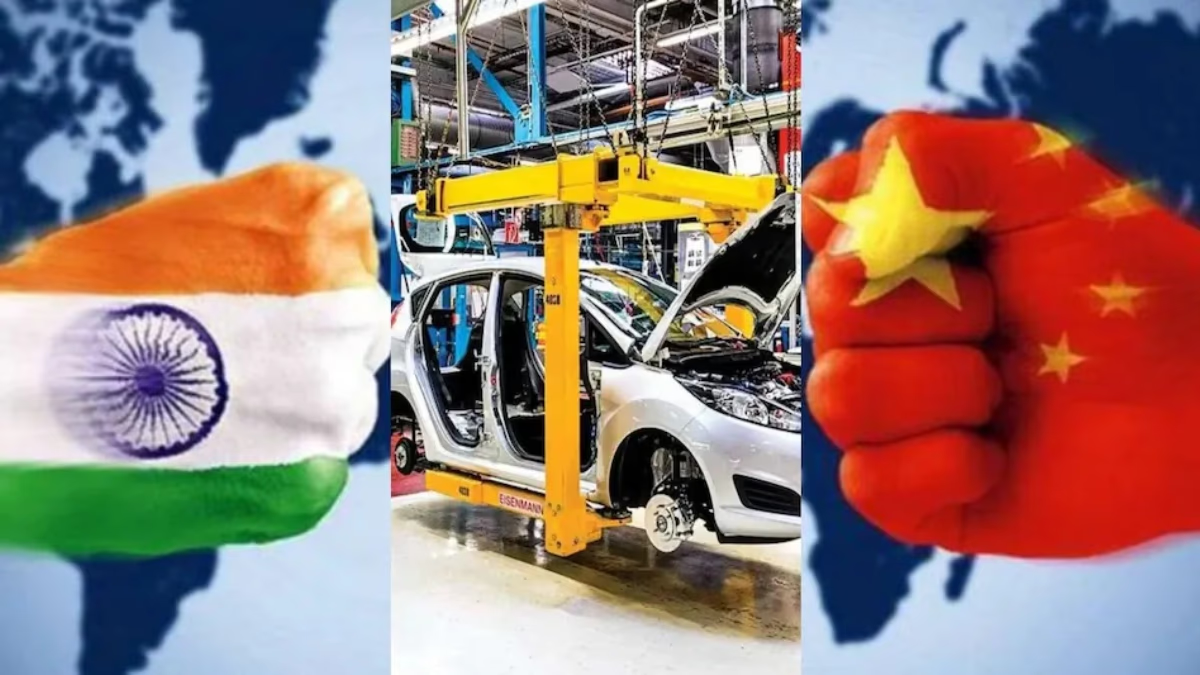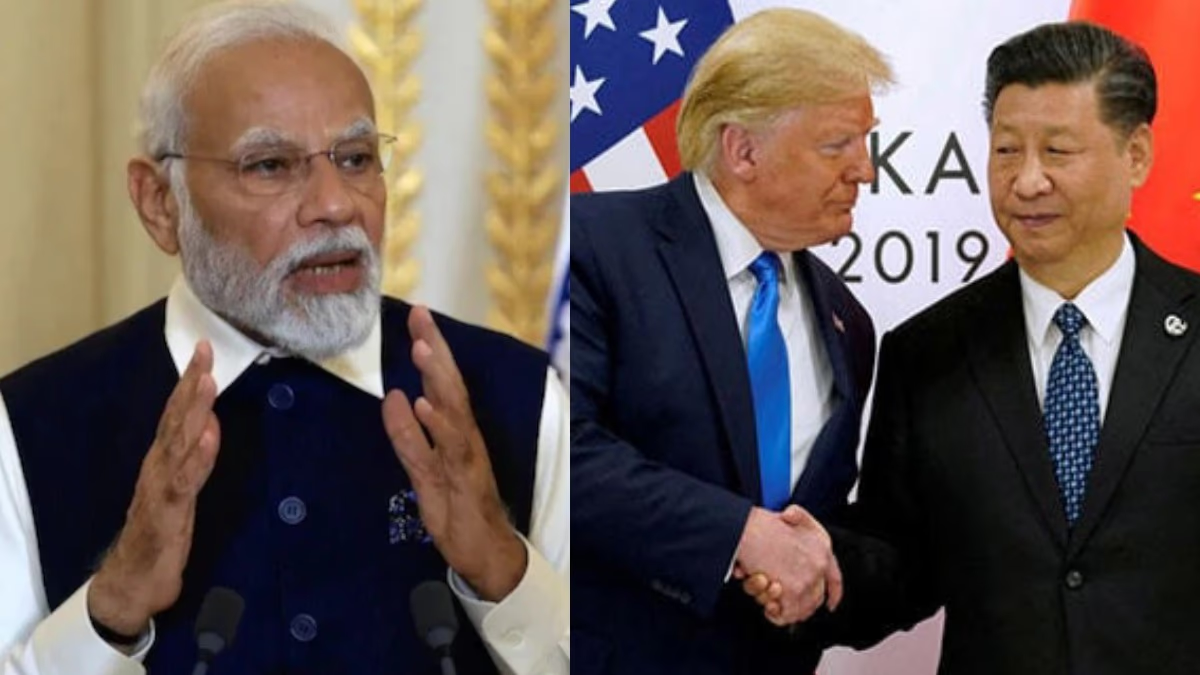The Indian auto industry may face challenges as China has secured a rare earth deal with the U.S., but has twice rejected India's applications. This presents a significant risk to the EV sector if India doesn't acquire rare earth. Although discussions between Indian Ambassador to China, Pradeep Kumar Rawat, and Chinese Vice Foreign Minister Sun Weidong have taken place regarding rare earth, no official agreement has been announced yet.
Meanwhile, U.S. President Donald Trump announced on Wednesday a trade deal between America and China. According to this agreement, China will provide rare earth elements to American companies, while Chinese students will be allowed to study in U.S. colleges and universities. Trump also mentioned that a tariff agreement was reached, with the U.S. benefitting 55% compared to China's 10% benefit.
What are Rare Earth Materials?
Rare Earth Elements consist of 17 minerals, including lanthanum, neodymium, and praseodymium, which possess unique magnetic and electronic properties essential for technical products.
These minerals are not commonly found everywhere, which is why they are called rare earth. China is the largest producer, and extraction is a complex and costly process.
Rare earth minerals are used in modern technologies and industries, like smartphones, laptops, TVs, electric vehicles, wind turbines, solar panels, and batteries.
Why Does the World Rely on China for Rare Earth?
Currently, China is the world's largest producer of rare earth elements. According to the International Energy Agency, China accounts for 61% of global rare earth mining but controls 92% of global production. Additionally, for countries like India and the U.S., trading with China is simpler and more cost-effective than elsewhere.
Why Are Rare Earth Elements Essential?
These elements are crucial for electric and conventional vehicles. To put it plainly, no vehicle can be manufactured without them. They are used in systems ranging from motors and steering to brakes, wipers, and audio equipment. The absence of rare earth could halt vehicle production. Beyond automobiles, rare earth elements are vital for smartphones, laptops, TVs, electric vehicles, wind turbines, solar panels, and batteries.

Source: aajtak
Why Is There a Crisis for India?
Trump has asserted the U.S. has struck a deal, but no information has emerged about providing rare earth elements to India. Meetings have occurred between Indian Ambassador Pradeep Kumar Rawat and Chinese Vice Foreign Minister Sun Weidong last Thursday, but no updates have been reported.
China's recent changes to export rules have stalled shipments, causing concern among companies. With Beijing rejecting not one, but two applications for India-bound shipment, the situation has intensified. However, India continues to engage with China on this issue.
Potential Price Increases
If shipments remain halted, electronic goods in India could become more expensive. Prices might increase by 8 to 10% because of rare earth delivery interruptions. Experts estimate that an electric scooter priced at ₹1.6 lakh could see a rise of ₹8,000 to ₹13,000. The situation is similar for ICE cars, which rely on rare earth magnets for motors, power steering, windshield wipers, and more, potentially increasing their prices.
Awaiting China's Response
As of now, China has not provided any information. The world is waiting for Xi Jinping's statement on rare earth material regulation. If China permits rare earth material exports, it could offer significant relief globally and possibly lead to a deal with India.




